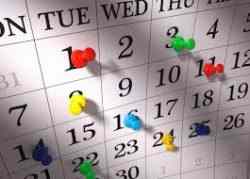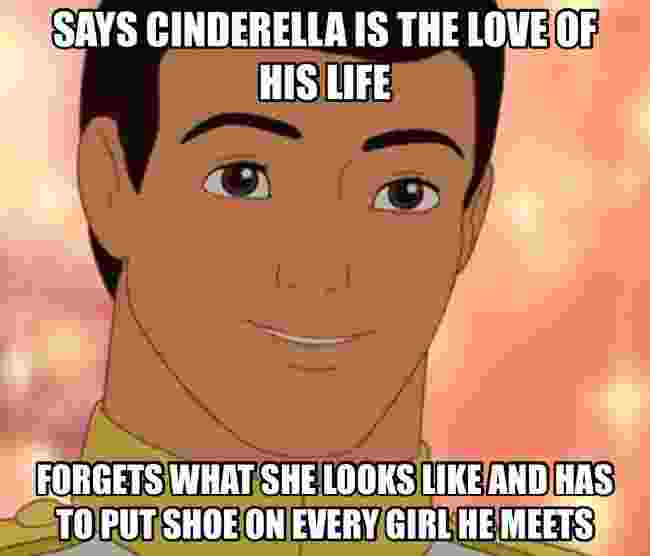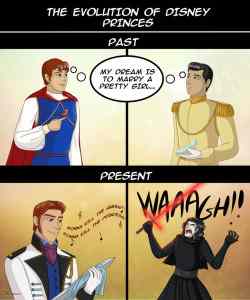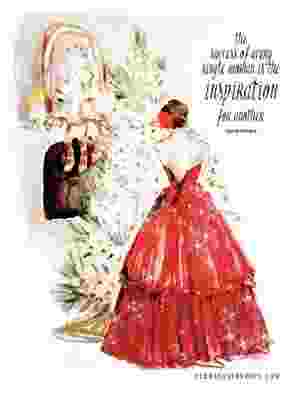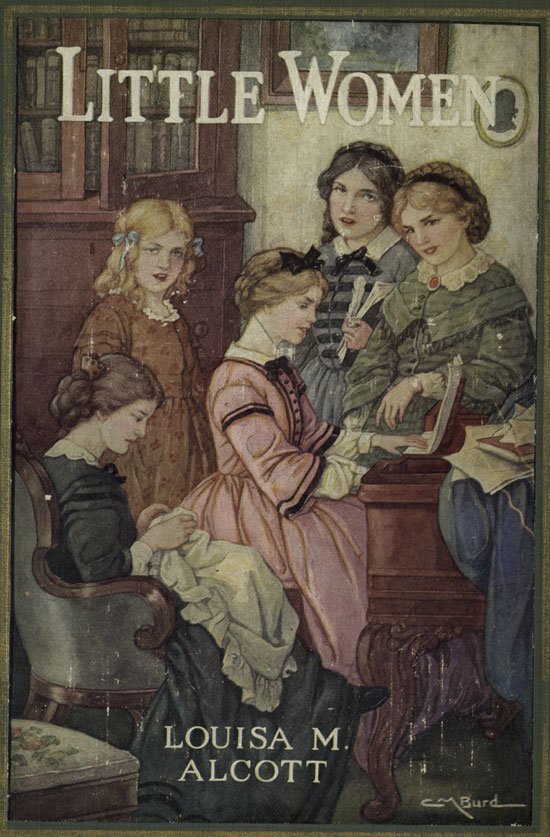
Hi, my name is Lily, and I’m a Book Addict… Lost in the Wild
This week, I’ve been reading Donalyn Miller’s Reading in the Wild for the first time. I am sort of at a loss when it comes to teaching tips, as I intend to become a lawyer, but I can relate to some of the problems that Miller talks about from when I was in school. Not only is this book a great resource for people who will be entering the profession of teaching someday in the near future, it could be helpful for people with family members of certain ages. This is how I have been approaching this text. I am looking at these strategies as being helpful when my young cousins are reading, and I get a chance to spend time with them.
Personally, I am a wholeheartedly decisive reader, which can be a terrible thing sometimes. I tend to decide on whether or not I will continue reading something in the first few pages, which in itself isn’t altogether bad; however, I also tend to do this with texts I am assigned at school. If I don’t like the style of writing, or if the topic should be interesting, but a specific text isn’t living up to that, I put it down. This has been a disadvantage to me academically, because as someone who grew up choosing every single book she cracked open, I learned this habit from a very young age. Textbooks tend to fall a little outside of this category, because I know that there is material I won’t learn anywhere else, but I also learned that if I paid attention in class and took good notes, in most cases I wouldn’t have to spend my valuable reading time on textbooks.
Reading in the Wild is teaching me that I, as a self-identified reader from the minute I could read the word cat, am not alone in these tendencies, and that there are all kinds of readers in the real world outside of the classroom. I decided from page one, in the introduction, that I would be interested in this book, regardless of whether or not it is required reading. From the minute I read about Miller’s husband’s inability to go anywhere without a book, or her daughters voracity when it came to consuming and creating texts of all kinds, I was hooked. This woman understood me. She lived with the embodiments of my reading style, and she had ideas about how to help others appreciate reading as much as I always have.
In Chapter 1, Miller discusses some of the main principles of reading, from reading time in school, reading for pleasure, and what she calls “fake readers”. I feel like some people believe that a child, or a grown person, can only be one kind of reader. Miller’s book doesn’t divide into black and white categories necessarily, but is dedicated to the grey area that is people who don’t read because they haven’t found something to enjoy, or people who read a lot but don’t absorb or enjoy what they are reading. There aren’t two categories, reader or not, that each person is set into their whole life. I have been objectively placed in many of the categories discussed in the book. In elementary school, I was so far ahead of my peers on reading level that I set my own curriculum. My mother and teacher worked together to allow me to choose whatever books I wanted to read as long as they were above a specific reading level. I quickly discovered Louisa May Alcott’s Little Women as one of my favorite books. I was labeled a reader. In middle school, I had much less flexibility, and I flipped aimlessly through required reading, while hiding my own book under by desk or behind a text book. I was labeled as what Miller would call a “fake reader”. In high school, each year I had a different experience, but I almost failed my sophomore Honors English class because the teacher was so strict about the readings we had to do, and didn’t allow us to use our “Reading Period” to read outside books.
What I take from my own experience, and from the first chapter of Miller’s book is that anyone can be what is traditionally considered a reader in some way if they only make time to read, and find texts that interest them, no matter the content. I think that this is important to instill in our children, and into our academic system, as early as possible. With a more accepting and well-rounded curriculum regarding reading, I think that there is a chance to avoid the stigma of not being well read in classic texts, or not being invested in the one required reading assigned; there is also a way to avoid people like me feeling disenfranchised and abandoned by their school system when their thirst for new content is swept aside in favor of strict guidelines and the banning of outside texts.

